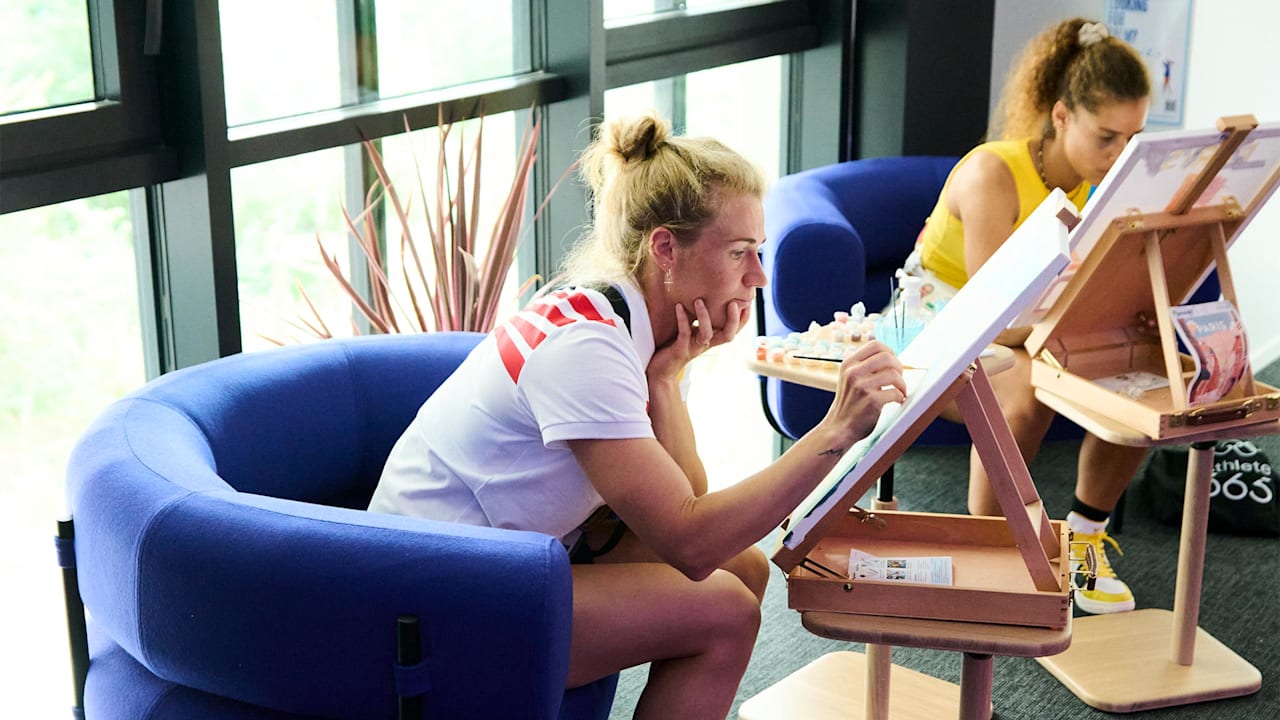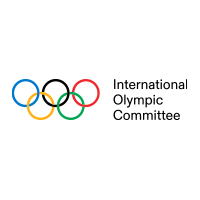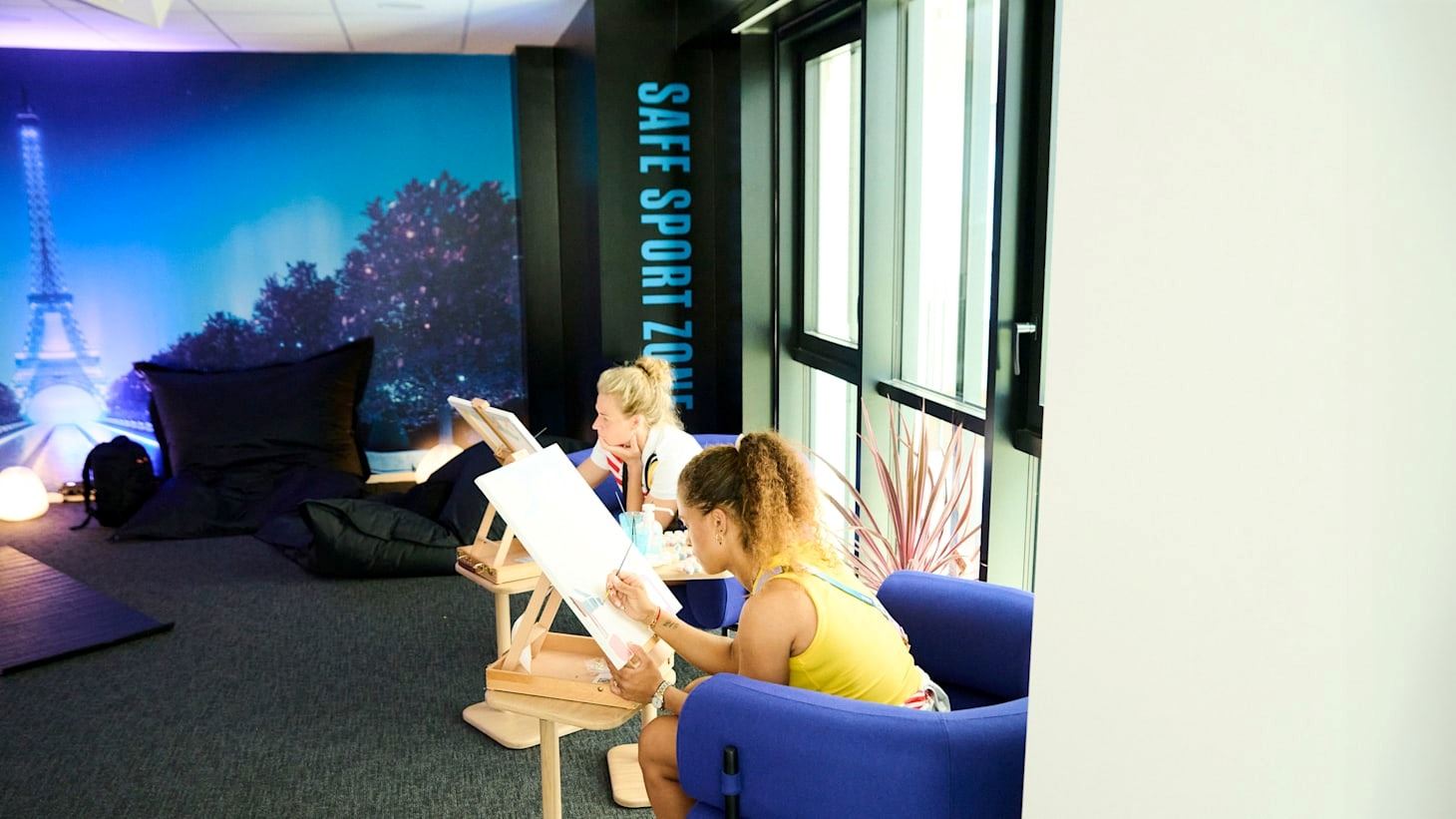28 May 2025 - Safe sport will sit high on the agenda of the upcoming Olympism365 Summit: Sport for a Better World, which will take place next week in Lausanne, Switzerland.
Developed to demonstrate the role of sport in advancing the UN’s Sustainable Development Goals (SDGs), the Summit will provide an opportunity to take stock of the actions taken to make sport safer at both elite and grassroots level. During dedicated plenary and themed sessions, participants will discuss how collective efforts can be strengthened to end violence and support mental health and well-being through sport-based programmes.
Kirsty Burrows, Associate Director for Health, Medicine and Science at the International Olympic Committee (IOC), said: *“*At the IOC, we recognise the complex challenges around interpersonal violence, mental health and well-being – issues that have profound implications for athlete, individual and public health.” Burrows, who will co-moderate the plenary session, continued:
We believe that, in being part of the fabric of society, sport can be an indomitable force to address these issues. But first sport itself must be safe – and we are working hard to lead that change.

Kirsty Burrows - IOC Associate Director for Health, Medicine and Science
A continued commitment
Over the last 20 years, the IOC has led the way in the development of safe sport policies, striving to ensure all athletes can train and compete in physically and psychologically safe and supportive sporting environments.
Thanks to the work of the IOC Prevention of Harassment and Abuse in Sport Working Group, led by His Royal Highness Prince Feisal Al Hussein, a number of tools and services are now available to athletes. Just last summer, athletes competing in Paris benefitted from the most comprehensive package of mental health and safeguarding services ever seen at an Olympic or sporting event, including a new artificial intelligence (AI)-powered cyber abuse protection service.
Bespoke attention has also been given to Olympic Movement stakeholders who have been regularly looking for guidance and leadership on the issue. The IOC, through the work of its Health, Medicine and Science Department, led by Director Jane Thornton, has been continuously developing accessible initiatives aimed at enhancing stakeholders’ safeguarding knowledge, policies and procedures. These initiatives, part of the drive to protect and promote athlete health and well-being in and through sport, include pragmatic tools and workshops.

Tackling a global issue with local action
The IOC has established and progressed its safe sport strategy through joint efforts with the International Federations (IFs), in order to build a strong, collective movement. Burrows explained: “Back in 2023, we did a needs assessment with the IFs, and there was a really strong call to strengthen responses to abuse happening at local level so people can access care, guidance and support within their own culture. This has been fundamental to our approach, and critical to the impact we’re seeing so far.”
This led the IOC to launch the Safe Sport Regional Hub Initiative – supported by a USD 10m fund per Olympiad created to strengthen safe sport at local level, including the establishment of regional safeguarding hubs in Southern Africa and the Pacific Islands. While development of these hubs is underway and ongoing, the IOC is simultaneously providing training and tools to help stakeholders tackle the immediate challenges they face.
This approach has been validated by findings from a recent needs assessment conducted by the IOC*.* The survey shows significant progress across all 12 safeguarding indicators, in the way IFs have incorporated safeguarding measures into their practices in just two years. It also reveals that approximately one in four IFs still report having limited resources to handle safeguarding cases effectively, and over half still lack comprehensive data on the safeguarding structures at their member federations.
"It is positive to see the progress made, demonstrating that a holistic approach to safeguarding is now being increasingly embedded as a core responsibility across the Olympic Movement,” Burrows said. “But safeguarding is a continuous journey. We will continue to work side by side with IFs and Olympic Movement stakeholders to strengthen measures to ensure that athletes everywhere feel safe, respected and supported. We will also facilitate the strengthening of local, contextualised measures, through the Safe Sport Regional Hub Initiative.”
New tools to increase level of support
In order to continue to support stakeholders across the Olympic Movement effectively in their safeguarding and mental health efforts, new safe sport tools are expected to be presented and discussed in co-creation workshops at the Summit, recognising that safeguarding requires collective action, across sport and across society. Additionally, commitments to further strengthen collaboration and collective action to address these widespread societal issues in and through sport will be discussed.
The tools include an International Safe Sport Framework, an International Classification Tool and Response Framework, a Mental Health Awareness Course and a Safeguarding Focal Point Train the Trainer Course. The tools are designed to support early recognition of concerns and intervention, pathways to care, localised appropriate responses and the harmonisation of international standards.
About the Olympism365 Summit
The Olympism365 Summit: Sport for a Better World will bring together safe sport experts, as well as representatives from the Olympic Movement, UN agencies, development and financing institutions, civil society and for-purpose businesses, in Lausanne, Switzerland, from 3 to 5 June. It will be an opportunity to celebrate, champion and deliver concrete commitments to re-affirm the importance of safe sport and the role sport can have in building a safer world.
The Olympism365 Summit provides a critical platform for global and local partners to come together, collaborate and commit to strengthening and co-investing in programmes across the world, through which we can tackle violence not just in sport, but in society, using sport as a powerful lever and force for good,” explained Burrows.

Kirsty Burrows - IOC Associate Director for Health, Medicine and Science
It is an invitation-only event, with additional opportunities to follow through a public livestream. More than 250 participants from 100 organisations will join in person, and many more virtually.
Olympism365 Summit: Sport for a Better World
The International Olympic Committee will host the first Olympism365 Summit: Sport for a Better World from 3 to 5 June in Lausanne, Switzerland.

